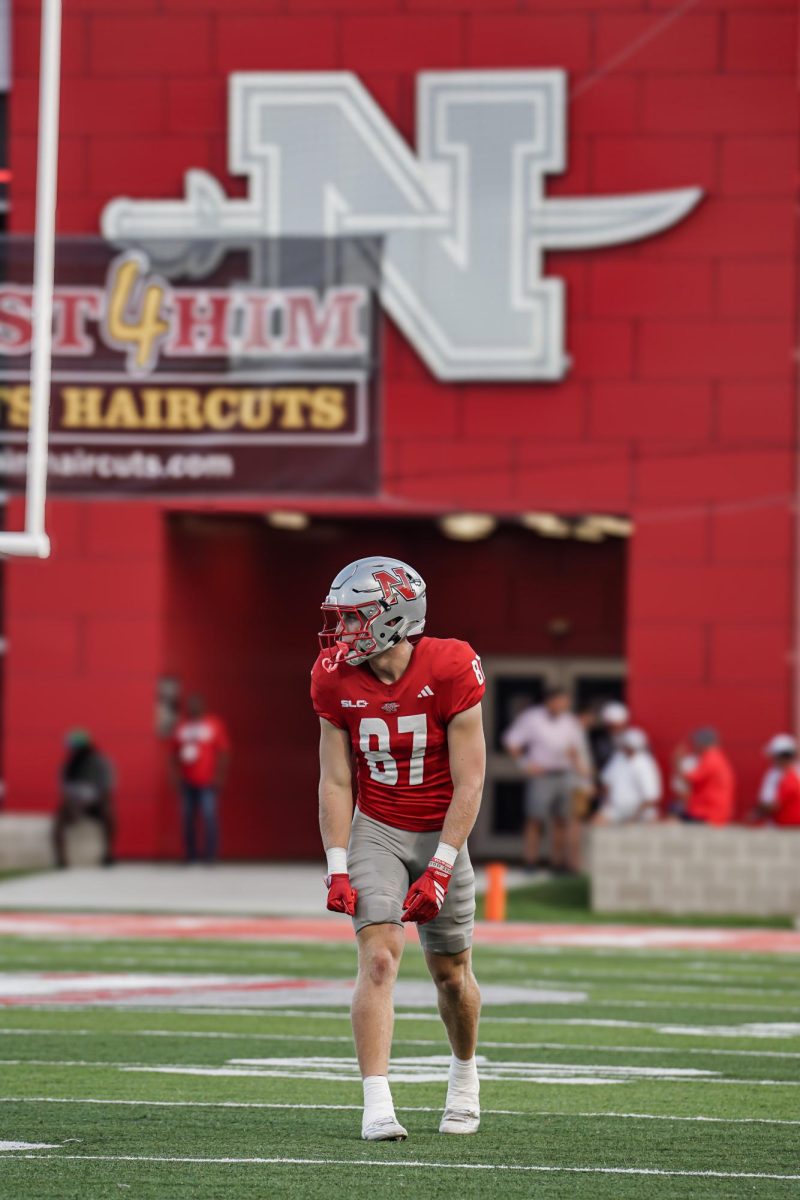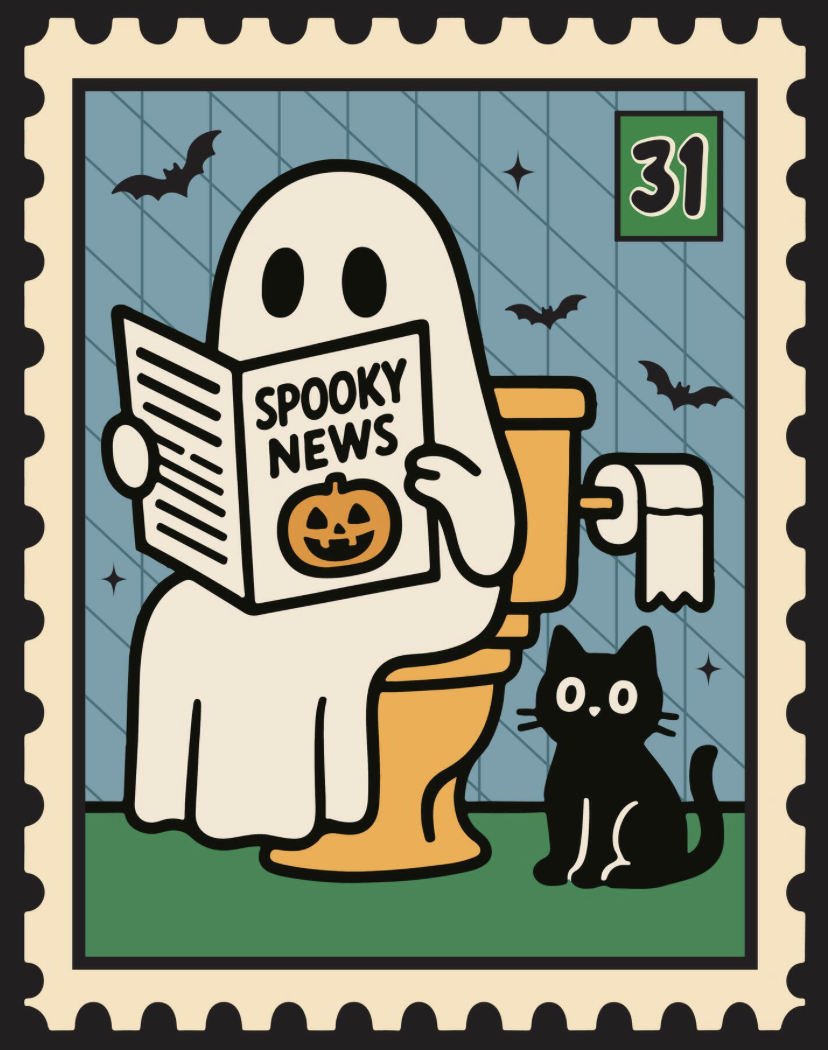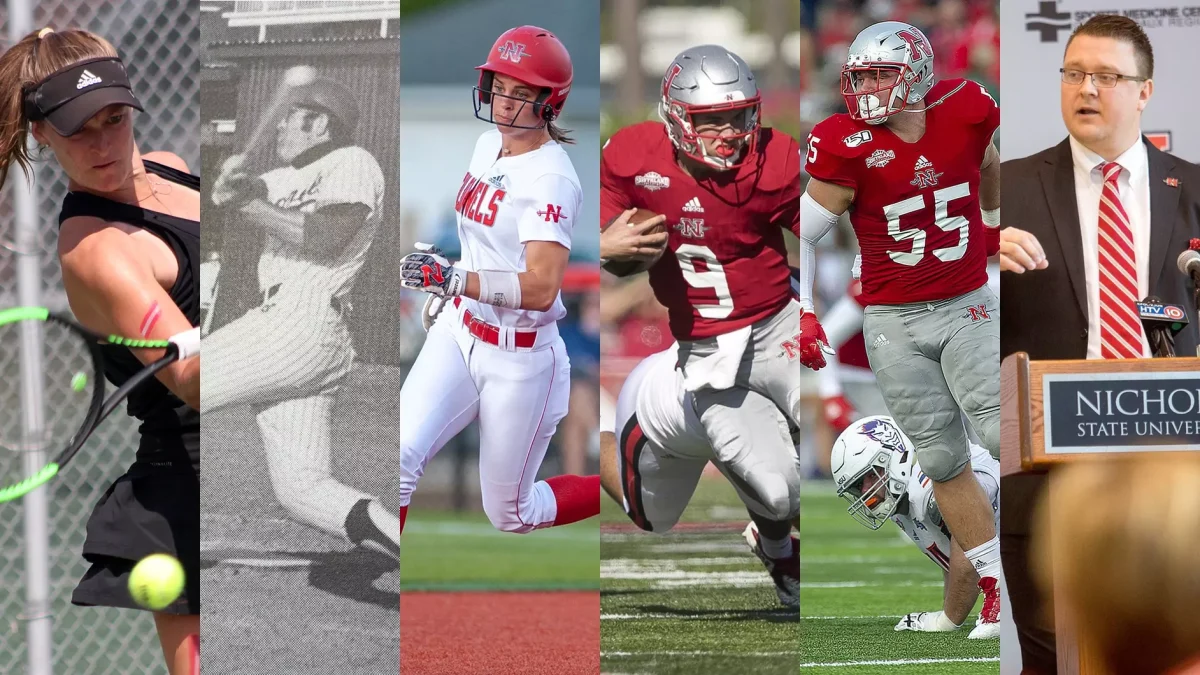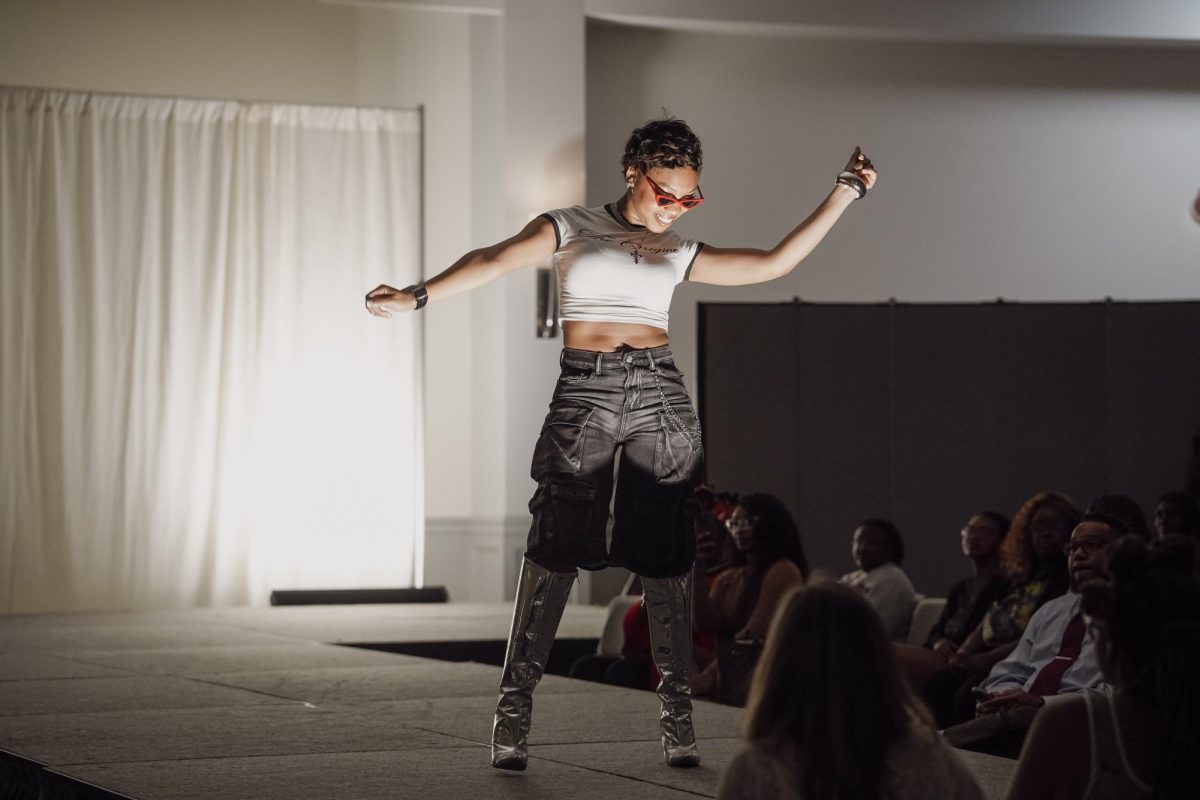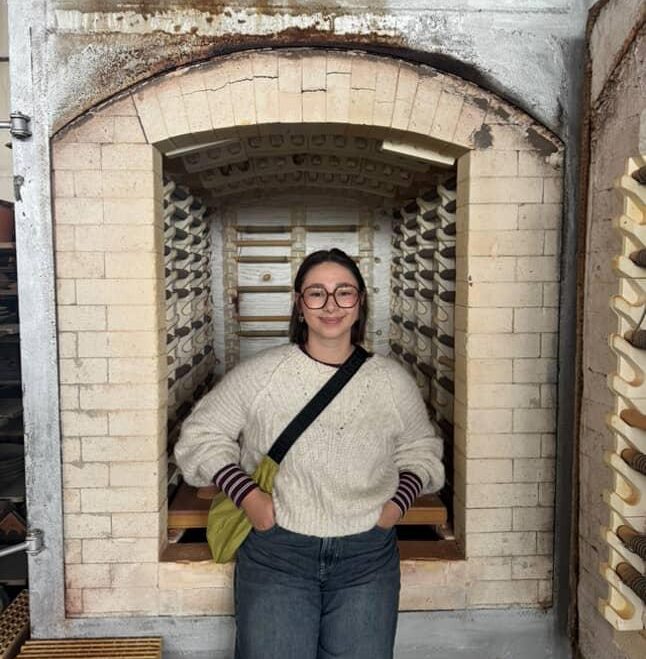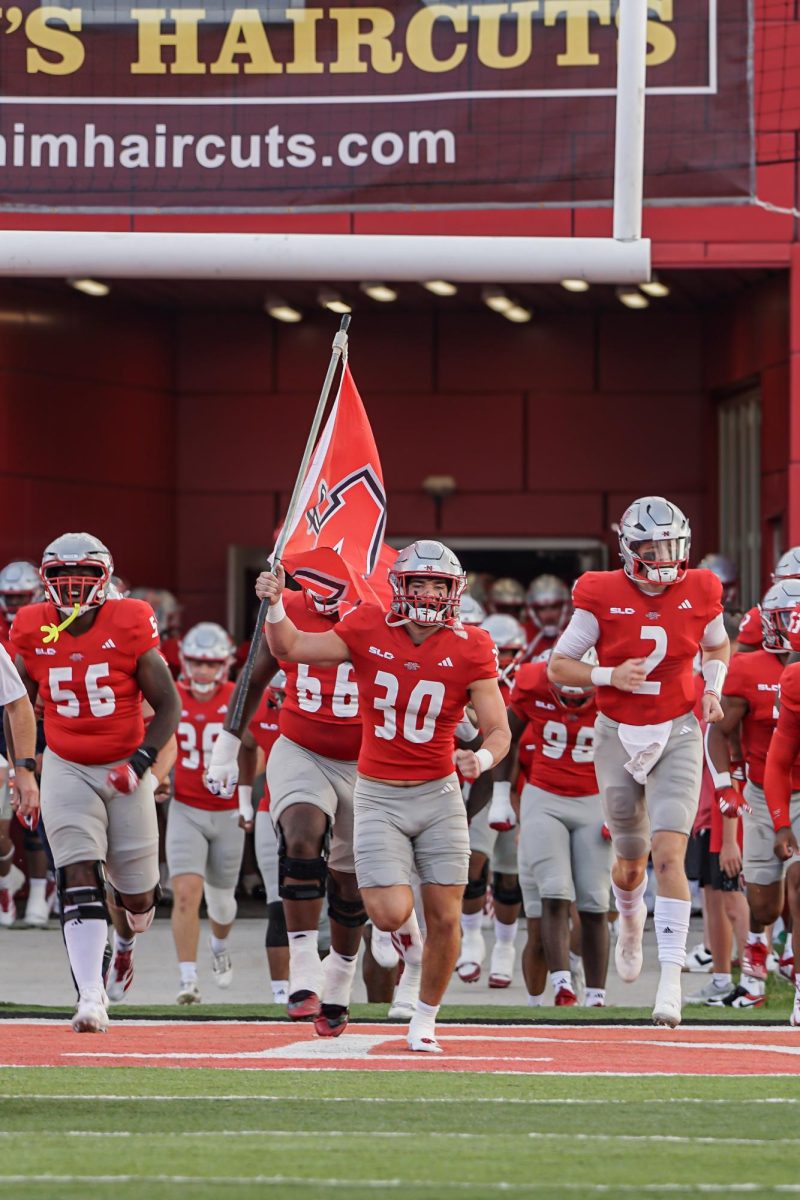Though the University has not been able to complete a survey counting the number of student, faculty and staff parking spaces this year, a meeting will take place soon to discuss the options.
“In some buildings, it is pretty easy to determine who is in there, like Ayo Hall,” Mike Davis, assistant vice president of facilities, said. “When we start talking about Peltier and Beauregard Hall, it gets more complicated because there is a variety parking there.”
“In same places we may have too many spots, and in other areas we may not have enough,” Davis said. “That’s one of the next steps though.”
Eugene Dial, vice president of student affairs and enrollment services, said that parking spaces are being converted, but sometimes are not noticed because the changes are often minor.
Craig Jaccuzzo, director of University Police, said that faculty parking spaces may seem more frequent because of the productivity of the ticket writers as well as a small decrease in faculty and staff.
“Ticket writers are not lenient any more with students who park in faculty and staff spots,” Jaccuzzo said. “Students are not willing to gamble getting a $50 ticket because they know that the ticket writers are enforcing the policy.”
Jaccuzzo said that empty faculty and staff parking spaces are often seen because faculty and staff are not always on campus.
“In order for parking spots to be reallocated, that takes place with the parking policy committee,” Jaccuzzo said.
He said the meeting to discuss changes in parking is usually in March. The committee will work with University Police to compare parking spaces to student, faculty and staff ratios to decide which spots, if any, will be converted.
“I believe that there are some areas on campus where we will be able to increase student spots, but I do not know if it will be anything noticeable,” Jaccuzzo said. “Maybe 10 to 20 parking spaces campus wide.”


